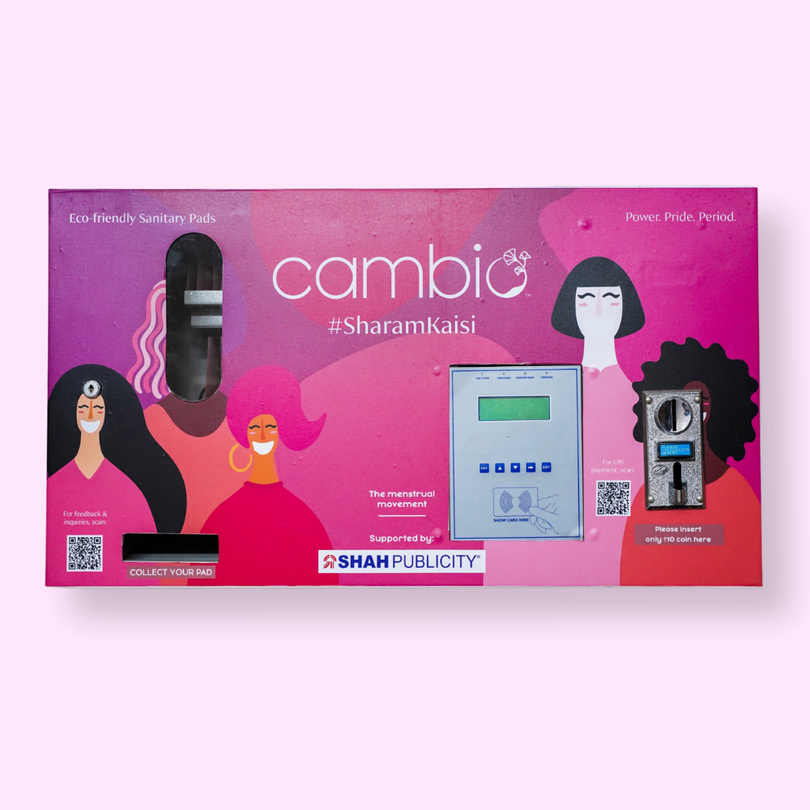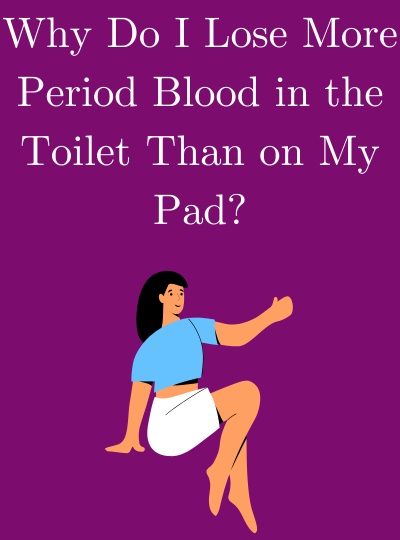Myths related to Curd and Menstruation
While yoghurt is healthy and nutritious, several myths associate its consumption with menstruation. Here are some common ones:
Myth #1: Eating curd/yoghurt increases period flow
There is no scientific evidence to support the claim that eating yoghurt increases period flow. Menstrual flow is primarily regulated by hormonal fluctuations, and while diet and overall health can play a role in hormonal balance, specific foods like yoghurt are not known to have a direct impact on period flow.
Yoghurt does contain probiotics, which can contribute to a healthy gut microbiome. The gut microbiome may indirectly influence overall health, including hormonal balance, but the direct connection between consuming yoghurt and increased menstrual flow is not supported by scientific evidence.
Myth #2: Cold yoghurt causes cramps
There is no scientific evidence to support the claim that cold yoghurt specifically causes cramps. Cramps during menstruation are primarily associated with hormonal changes and the contraction of the uterine muscles.
While individual sensitivities to cold or chilled foods can vary, there is no direct link between consuming cold yoghurt and experiencing menstrual cramps for the general population. In some cases, people may be more sensitive to cold foods or beverages, and consuming them might temporarily affect blood flow or muscle tension. However, this is not a universal experience, and many individuals can consume cold yoghurt without experiencing any adverse effects on menstrual cramps.
Myth #3: Curd/yoghurt causes white discharge
The claim that curd or yoghurt causes white discharge is not supported by scientific evidence. Vaginal discharge is a normal and natural part of a woman's reproductive system. The amount, colour, and consistency of discharge can vary based on factors such as hormonal changes, menstrual cycle stages, and overall health.
Yoghurt, especially if it contains probiotics, can have positive effects on vaginal health. Probiotics contribute to the maintenance of a healthy balance of bacteria in the body, including the vagina. This balance is crucial for preventing the overgrowth of harmful bacteria and maintaining an optimal pH level.
Myth #4: Curd/yoghurt delays periods
There's no scientific basis for this myth. Menstrual cycles are regulated by hormones, not specific foods. yoghurt can be a healthy addition to your diet without impacting your cycle length.
Myth #5: Eating curd/yoghurt during periods disrupts pregnancy chances
This notion is completely unfounded. Yoghurt consumption has no bearing on your reproductive health or fertility. Its probiotics can contribute to a healthy gut microbiome, potentially benefiting overall health and fertility.
Also read - Can You Get Waxed During Periods?
Studies and Sources say that Eating Curd during Menstruation
Research on the relationship between yoghurt/curd consumption and menstruation is limited, but here's a summary of existing evidence and opinions:
Benefits of Having Curd During Period
Probiotics: Yoghurt's beneficial bacteria (Lactobacillus) might positively impact hormonal regulation and gut health, potentially influencing menstrual regularity and reducing PMS symptoms like bloating and cramps. This requires further research, but early studies show promise.
Calcium: Yoghurt is a good source of calcium, essential for bone health and potentially alleviating menstrual cramps. Some studies suggest calcium supplements might offer some relief, but research on yoghurt specifically is lacking.
General health: Yoghurt contributes to a balanced diet by providing protein, vitamins, and minerals. Maintaining overall health is crucial for menstrual regularity and managing discomfort.
Also read - Can We Eat Papaya During Periods?
Neutral or Unknown Effects of Curd During Periods
Flow and duration: No credible evidence suggests yoghurt directly affects period flow or duration. Individual experiences may vary, but it's unlikely to impact the overall cycle.
Cramps: While Yoghurt's probiotics might indirectly influence cramps through hormonal and gut health balance, the evidence remains inconclusive. Cold temperatures in general might trigger discomfort for some, so adjust consumption based on your body's response.
Discharge: Yoghurt shouldn't cause unusual vaginal discharge. However, increased discharge during menstruation is normal, and yoghurt's Lactobacillus bacteria are naturally present in healthy vaginal flora.
Also read - Best Comfort Food for Your Period
Debunking Myths:
Pregnancy impact: There's no evidence that yoghurt affects fertility or pregnancy chances. It's a healthy food with potential benefits for overall health, not a barrier to conception.
Cultural misconceptions: Some cultures attach negative connotations to consuming yoghurt during menstruation. These beliefs lack scientific basis and stem from tradition, not health benefits or risks.
Overall:
yoghurt/curd is a healthy food and safe to consume during menstruation. While research on its specific effects on menstrual symptoms is ongoing, existing evidence suggests potential benefits related to gut health, hormone regulation, and calcium intake. Ultimately, listen to your body, enjoy yoghurt as part of a balanced diet, and consult a healthcare professional if you have any concerns about your menstrual cycle or health.
Also read - Things You Must Avoid During Periods
When to eat and when not to eat curd during menstruation? (Moderation)
There are no specific restrictions on when to eat or not eat curd during menstruation based on scientific evidence. You can enjoy curd anytime during your cycle as part of a healthy and balanced diet. However,:
Moderation is key. If you experience any bloating or increased gas after eating curd during your period (or anytime), it might be due to your sensitivity to lactose or the probiotics present in curd. Adjust your intake accordingly and listen to your body to find the right balance between enjoyment and potential side effects.
Also read - How to Delay Your Periods?
Alternatives for curd if you do not like curd or have lactose intolerance
If you don'́t enjoy curd or have lactose intolerance :
Probiótic foods and supplements can provide similar gut health benefits as curd. yoghurt with active cultures (containing live probiotics), fermented foods like kombucha and miso soup, and certain strains of probiotics are available as supplements can be good options.
Calcium sources can be found in other vegan alternatives like oats or soya milk. Additionally, leafy green vegetables like collard and turnip are rich in calcium.
Comfort Foods and Drinks During Periods
Foods that can help manage menstrual symptoms like cramps and bloating include :
Warm and comforting foods: Soups and broths, cooked vegetables like potatoes and sweet potato, and warm milk with turmeric can be calming and nourishing for your body during your period.
Foods rich in essential nutrients: Vitamins and minerals like iron and B complex can help ease symptoms. Choose fruits and vegetables rich in these nutrients like leafy green vegetables, berries, nuts and seeds. Additionally, consider including healthy fish and lean protein in your diet for overall well-being during menstruation.
Read more
Can You Swim With a Sanitary Pad?










